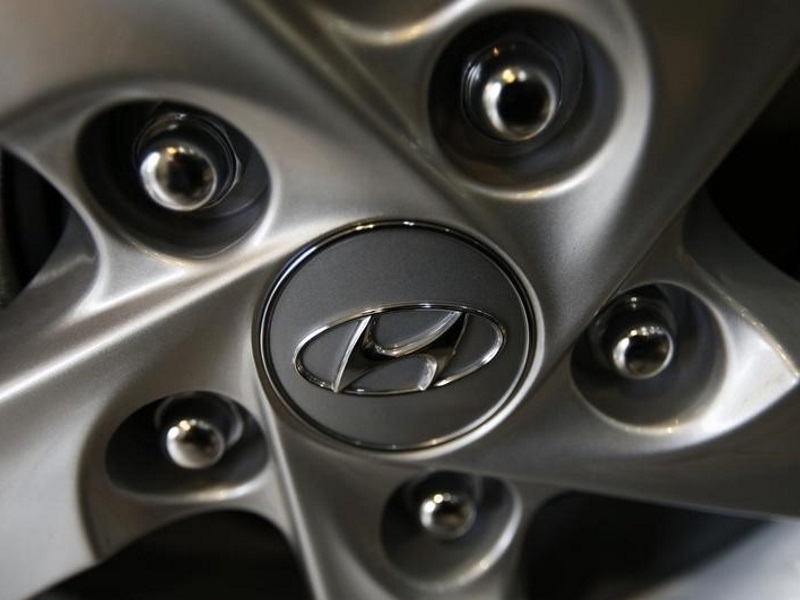
The self-driving car is coming, but not as rapidly as people think, the head of the European operations of South Korean carmaker Hyundai, Thomas Schmid, told AFP on Wednesday.
“My personal belief is that autonomous driving might come, but by far not as quick as everyone says in 10 or 15 years,” Schmid said in an interview on the sidelines of the IAA motor show.
Alongside the connected car, autonomous driving is one of the new buzzwords in the automobile sector. And futuristic vehicles that soon may be able to drive themselves are among the technological highlights of the 66th edition of the Frankfurt Motor Show, which opened its doors to the world press on Tuesday and will then open to the general public from Saturday.
Already, many of the latest models on the road are equipped with assistance systems to help drivers accelerate or brake in traffic.
“I’m 100-percent certain that this (technology) will be part of future products,” Schmid said.
Electronic car parts suppliers, such as the German group Bosch, expect “highway pilots” which can essentially take over all driving tasks with only occasional need for human intervention to be ready for the market by 2020. And full auto pilot systems without any human involvement could be ready by 2025.
But such technology would also bring with it “huge, huge challenges for our legal systems,” Schmid cautioned.
“Who is responsible for what? I’m not convinced until now that is a process which can be done in the next 10-15 years.”
People’s relationships to their cars and individual mobility are undergoing dramatic change, Schmid said.
“The kids today have a different approach to individual mobility. The importance is much lower than in my generation and the need to have an own car is also lower,” he said.
The younger generation no longer define themselves via their cars.
And in big cities, car ownership was becoming less and less attractive in view of costs and well-developed public transport systems.
“There’s a tendency all over Europe, both in urban areas and even in rural areas where fewer and fewer people are actually getting a driving licence,” Schmid said.
So, in the future, autonomous driving could be administrated by local authorities and be integrated into cities’ public transport systems, Schmid said.
[“source-gadgets.ndtv”]





